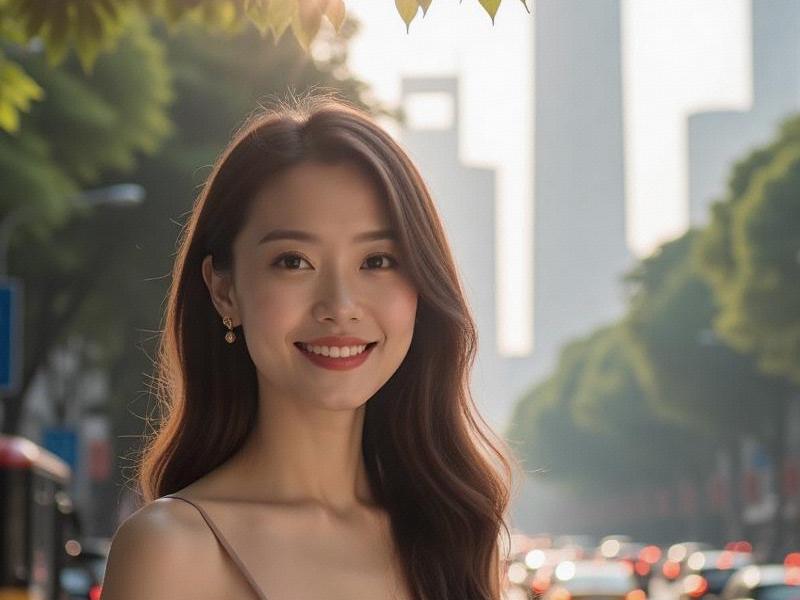
[The New Shanghai Woman]
Shanghai's streets present a study in contrasts - elegant qipao-clad matriarchs sipping tea beside androgynously dressed tech entrepreneurs in Xuhui's coffee shops. This visual paradox encapsulates what sociologists call "the Shanghai Woman Paradox" - simultaneous adherence to and rebellion against cultural norms.
[Historical Context]
Shanghai's feminine ideal has transformed through:
• 1920s: Calendar girls blending Chinese and Western styles
• 1950s: Gender-neutral "iron girl" socialist imagery
• 1990s: Luxury brand boom creating new beauty standards
• 2010s: K-pop influenced "ulzzang" look domination
• 2020s: Rise of the "unapologetic professional" aesthetic
[Modern Manifestations]
2025 survey data reveals:
上海贵族宝贝自荐419 • 68% reject "choose between career and family" dichotomy
• 42% mix luxury items with taobao finds daily
• 31% have used AI beauty apps for professional headshots
• 23% participate in feminist reading clubs
[Economic Power]
Shanghai women dominate:
• 61% of managerial positions in multinationals
• 78% of household financial decisions
• 43% of tech startup founders
• 89% of luxury purchases in the Yangtze Delta
上海龙凤阿拉后花园 [Becoming Global Trendsetters]
Shanghai-originated movements gaining traction:
• "Smart casual" workwear revolution
• Skincare-routine-as-self-care philosophy
• "No-makeup makeup" for executive women
• Sustainable luxury consumption patterns
[Cultural Tensions]
Persistent challenges include:
• Ageism in corporate and social settings
• "Leftover women" stigma despite economic success
• Western vs. Eastern beauty standard conflicts
上海品茶论坛 • Work-life balance in hyper-competitive environment
[The Future Shanghai Woman]
Emerging trends suggest:
• Growth of female-focused co-working spaces
• Mainstreaming of gender-fluid fashion
• Rejection of "one-size-fits-all" beauty ideals
• Increased political representation goals
[Expert Perspectives]
"Shanghai women aren't just adopting global feminism," notes gender studies professor Dr. Elaine Wu. "They're creating a distinct third path that honors Chinese values while demanding equal opportunities - what we're calling 'pragmatic feminism.'"
